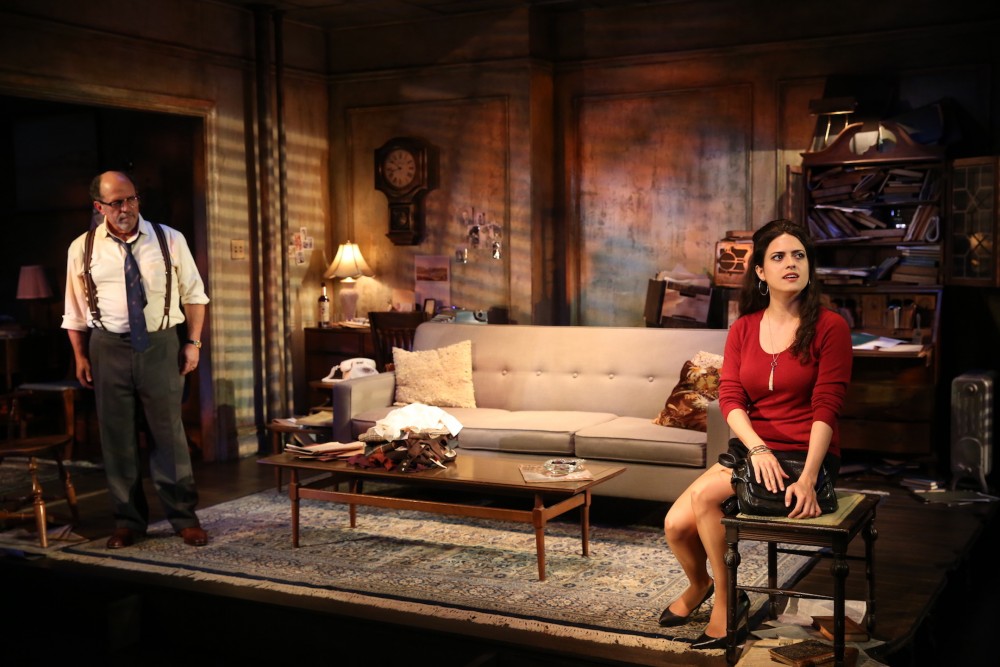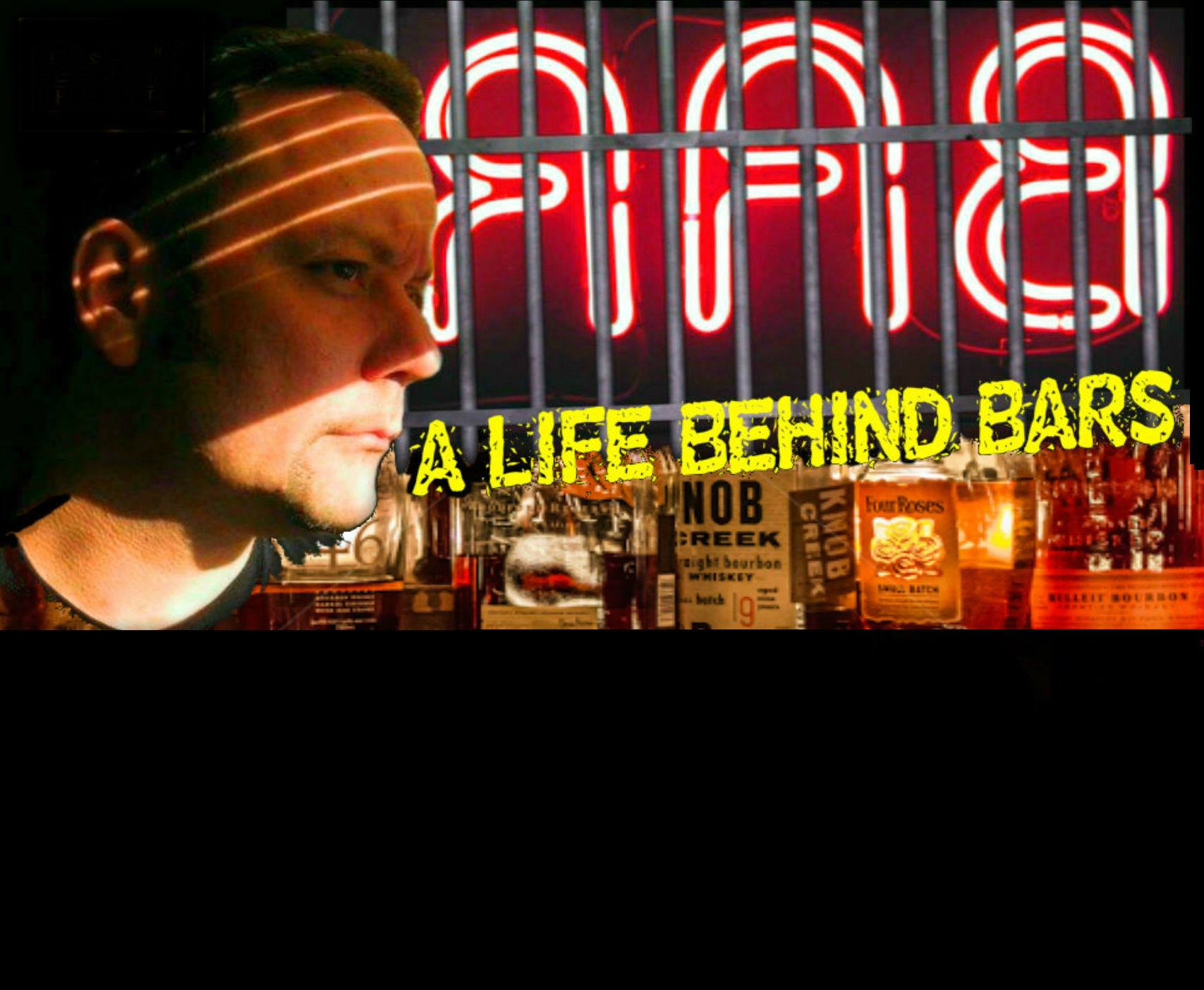by: Michael Bracken
She loves you. Yeah, yeah …. Yeah, and then some.
Actually there are two young women in love in These Paper Bullets at the Atlantic Theater Company, both Shakespeare-inspired and both dressed in the mini-skirted mod madness of Carnaby Street in its prime. Much Ado about Nothing has been hijacked by Rolin Jones and superimposed on a Beatles-like entourage at the height of London in the swingin’ sixties. Variations on the luminaries of the era, most notably the Fab Four themselves but also fashion maven Mary Quant and supermodel (before there was such a term) Twiggy, are conjured up for our entertainment.
These Paper Bullets’ pairing of the Bard of Avon with the boys from Liverpool (known as the Quartos) turns out to be quite copacetic. It’s often clever, self-consciously weaving in Beatles references the way Something Rotten weaves in theater references (and, quite honestly, doing so with considerably more wit). It takes a while for it to find its footing – it’s a little awkward and sluggish at first – but it gains confidence and humor as it progresses and ends on a high note.
Surprisingly, the weakest link is the music. This is not Beatlemania or its ilk; no need for carbon copy Lennon-McCartney. Still, one would have thought songwriter Billie Joe Armstrong could have come up with something more reminiscent of the groundbreaking quartet or at least more spirited.
The Quartos’ (Ben (Justin Kirk), Claude (Bryan Fenkart), Balth (Lucas Papaelias) Pedro (James Barry) delivery also lacks energy. Director Jackson Gay tends to keep them in a compact space as they sing, with little room to maneuver. They don’t seem to move much, and even when they do they seem static. Luckily, These Paper Bullets is more a play with music than an actual musical, so its melodic flaws are not fatal.
The storyline, however, fueled by what is arguably Shakespeare’s most accessible comedy, exudes vivacity. Remarkably true to the basic Shakespearean plot, it never seems forced. Beatrice and Benedick are Bea (Nicole Parker) and Ben (Justin Kirk), trading insults from the start to hide their love for each other from each other and from themselves. It peaks (as it does in Shakespeare’s original) when their eyes are opened, jocularly and judiciously, by the people who love them.
In separate, matching scenes, Ben and Bea, in hiding, are each set up by their friends to hear, at great length and in detail, how much they are loved by the object of their affection. Each takes the bait, swallowing it whole. What makes these scenes so funny is how outlandish they are in terms of the would-be lovers’ would-be hiding places. Their friends are just about tripping on them, but everyone acts like they’re invisible.
The play’s other romantic coupling finds Higgy (Ariana Venturi), Bea’s top model, wooed by Claude (Bryan Fenkart), another of the Quartos. Modern technology makes it even easier than in Shakespeare’s time for resentful villain Don Best (Adam O’Byrne) to dupe Claude into believing Higgy has been promiscuous. (Best, of course, is the name of the drummer who got axed from the Beatles to make room for Ringo.) All is brought to right by Mr. Berry (Greg Stuhr), a modern Dogberry who is just as bumbling and funny as his predecessor.
Jessica Ford’s mini-skirted costumes, with no shortage of polka dots, are both accurate and amusing. Quarto numbers notwithstanding, Jackson Gay’s direction is free-flowing and enhances the lightheartedness of the proceedings. The cast is of a piece, a very good piece, so it’s hard to say that anyone stands out. But Parker as tart-tongued Bea gets points for her laser-like delivery. Venturi, as the wrongly accused Higgy is also noteworthy in that her sweet innocence is colored by a hint of a pouty vamp.
Through January 10th at the Atlantic Theater Company, Linda Gross Theater (336 W. 20th Street). www.atlantictheater.org






















